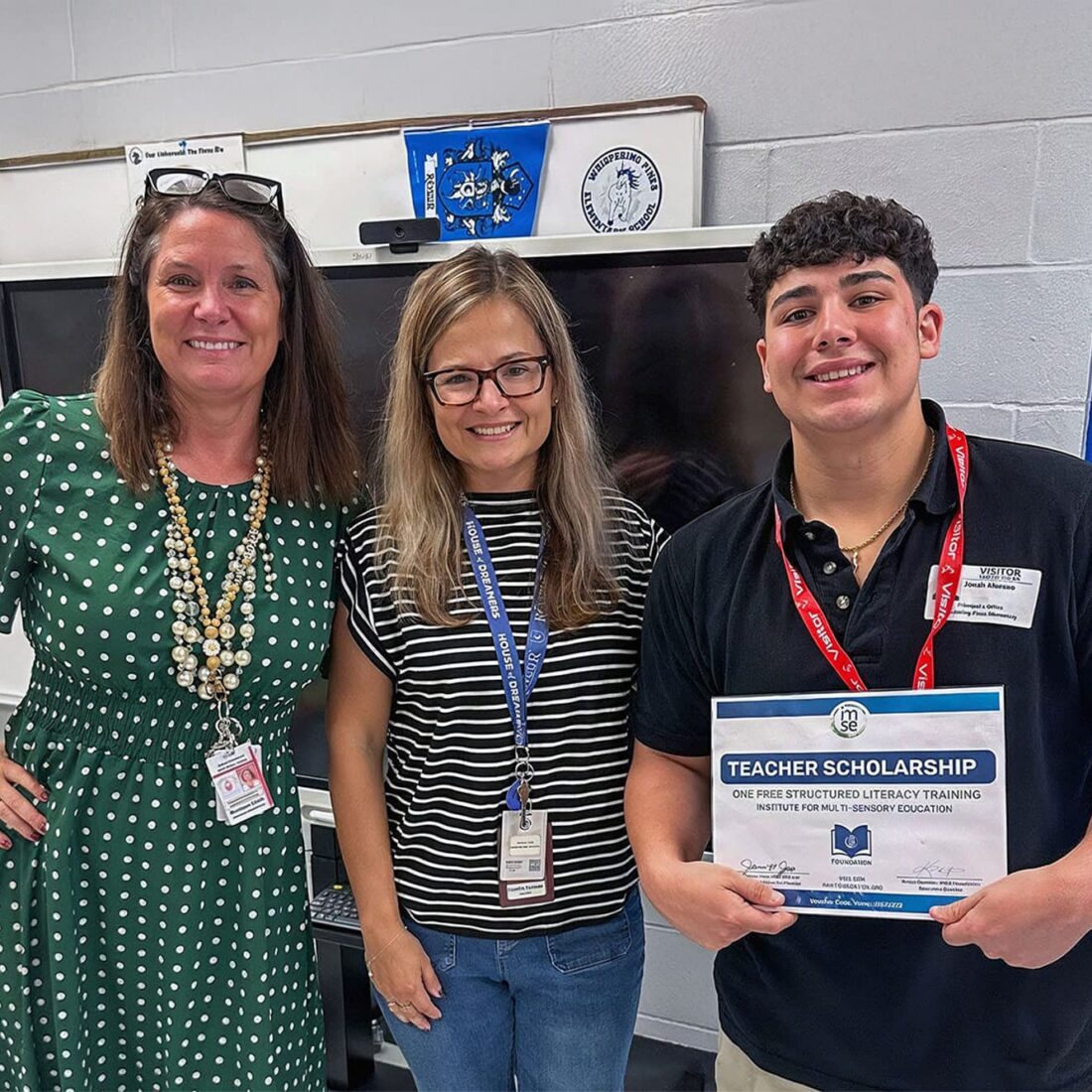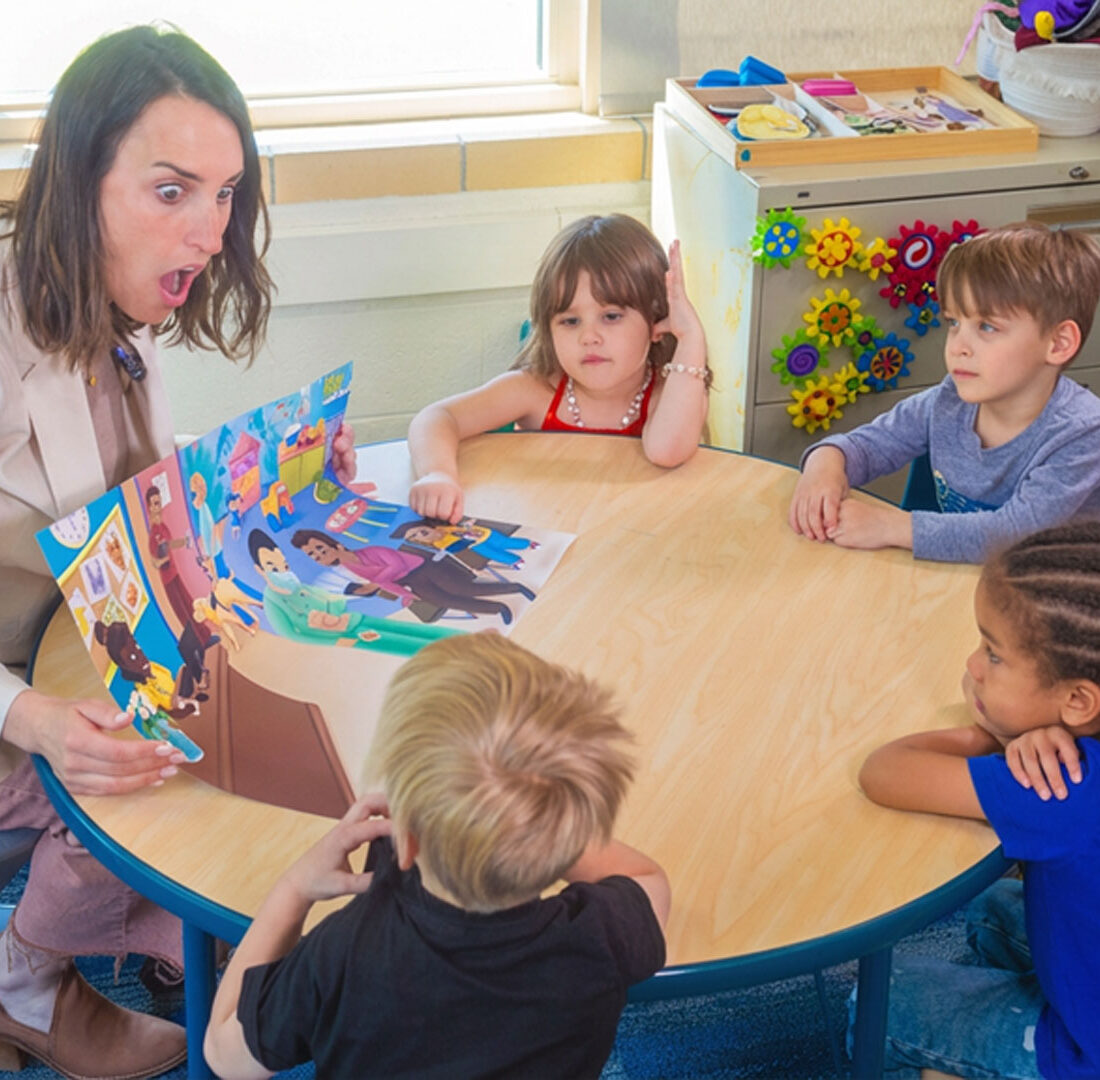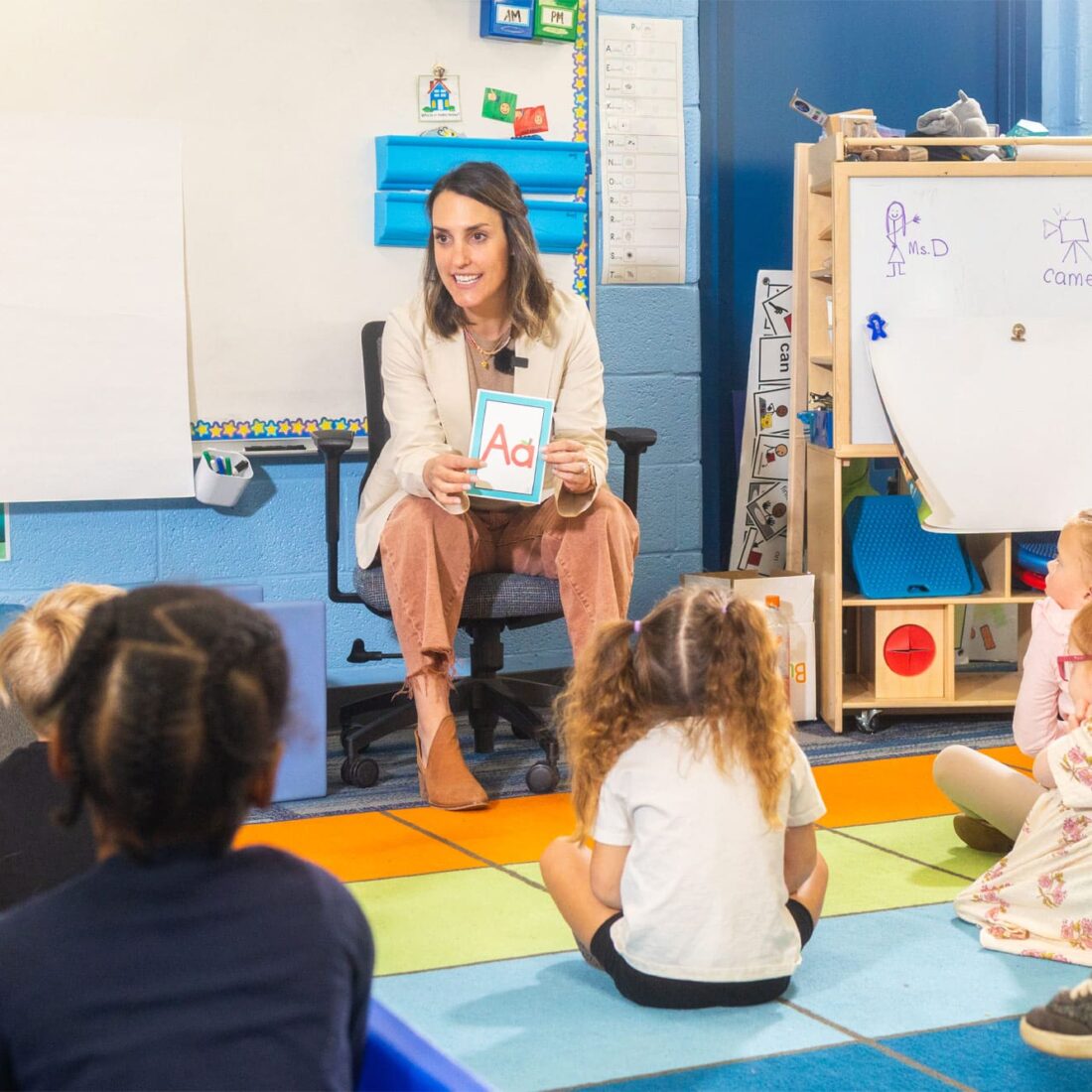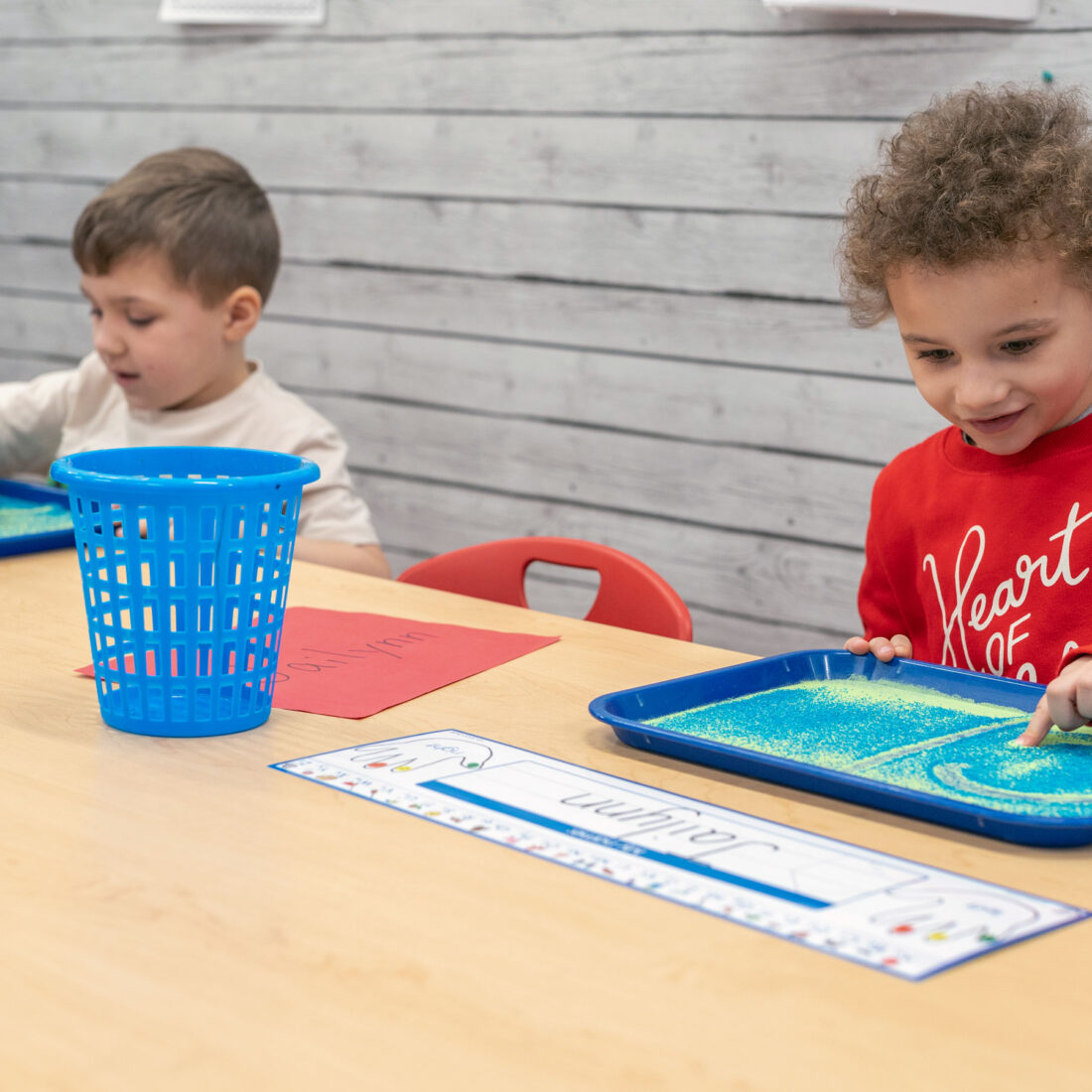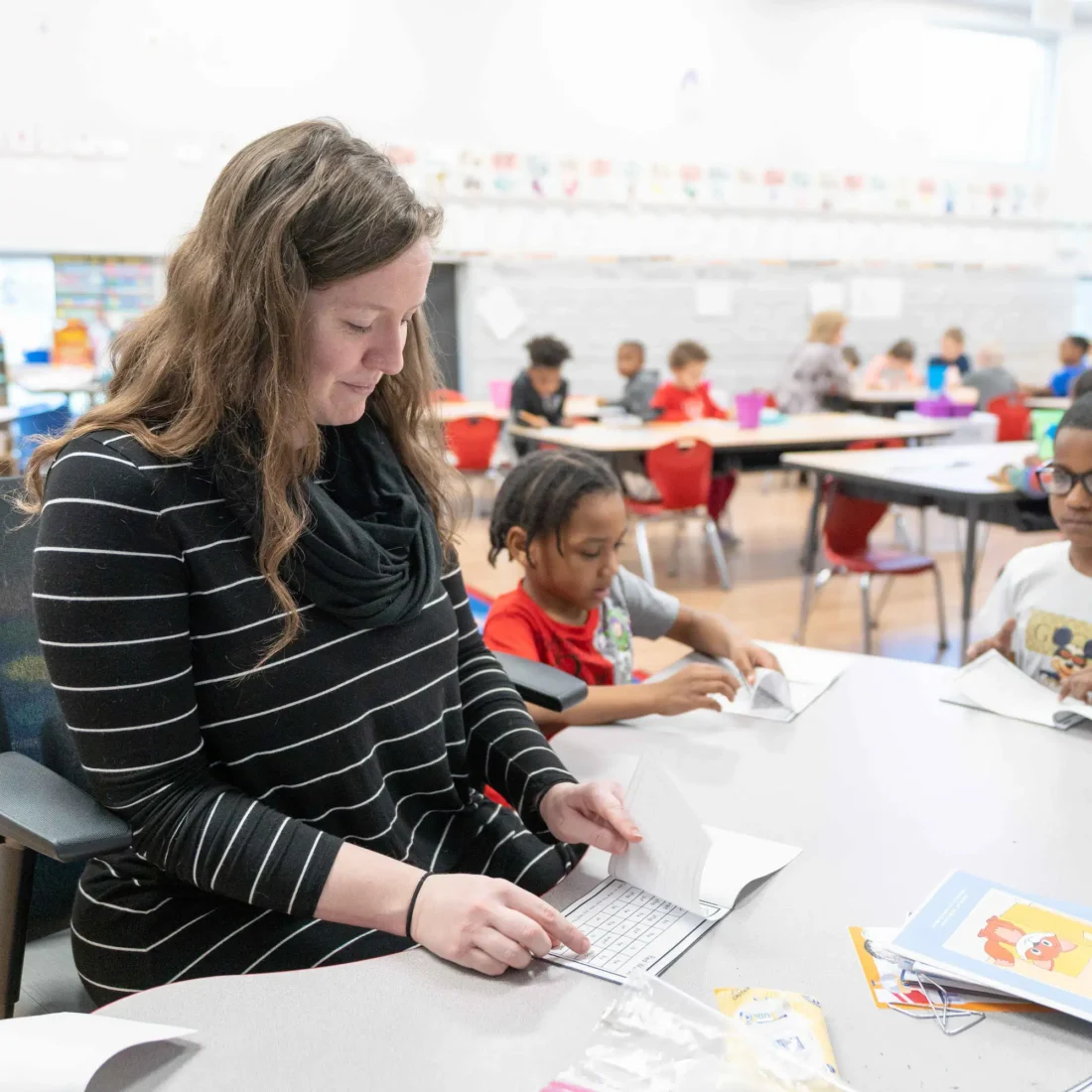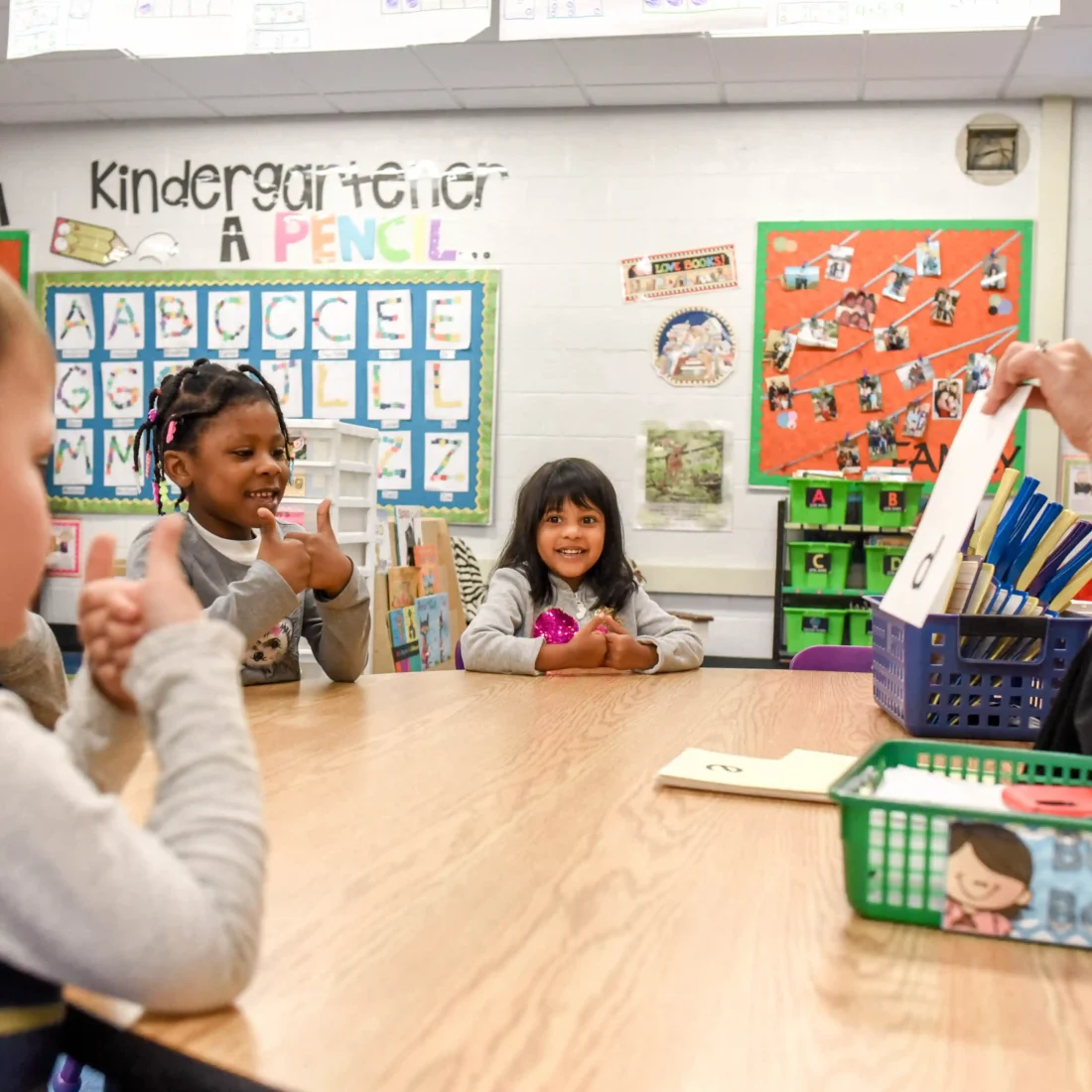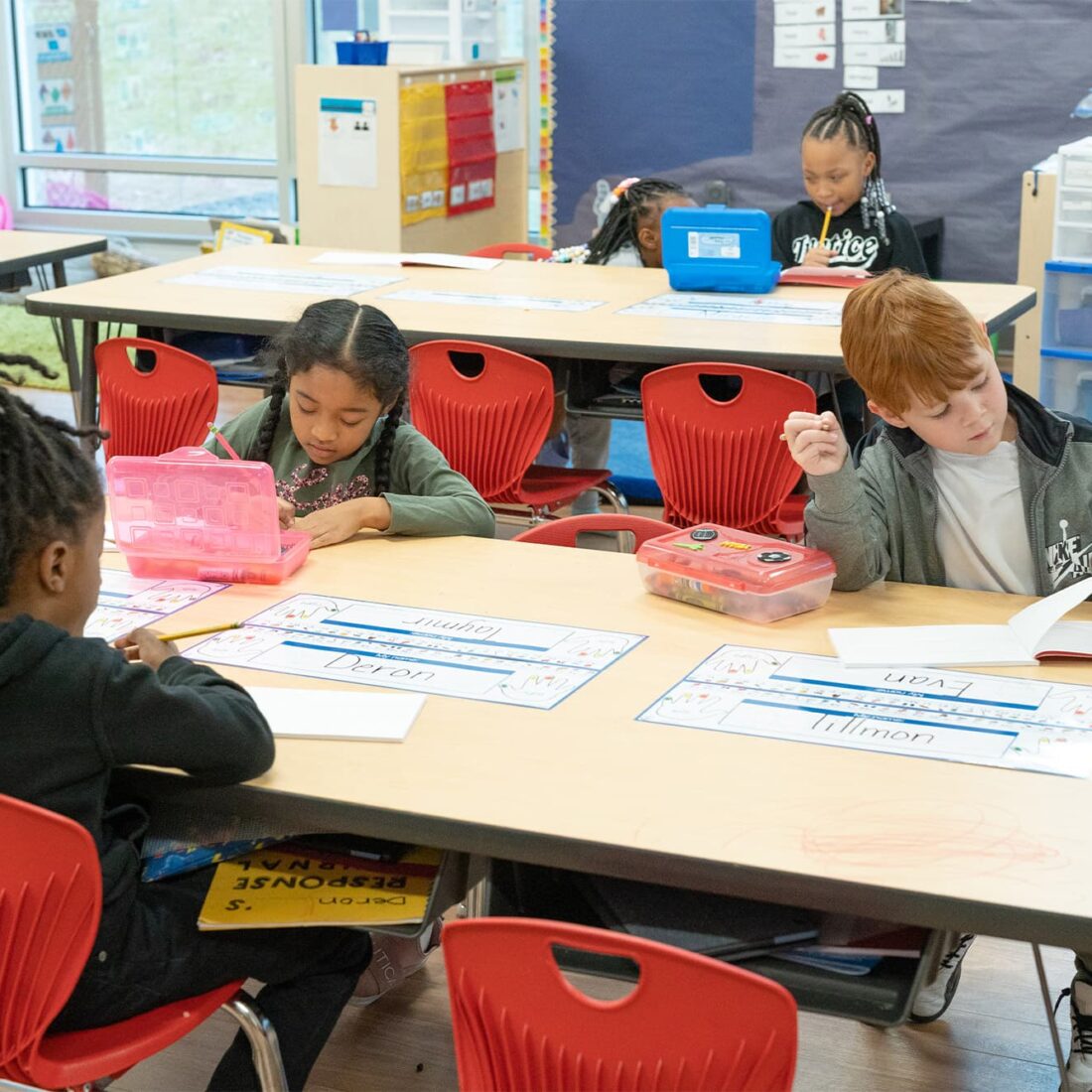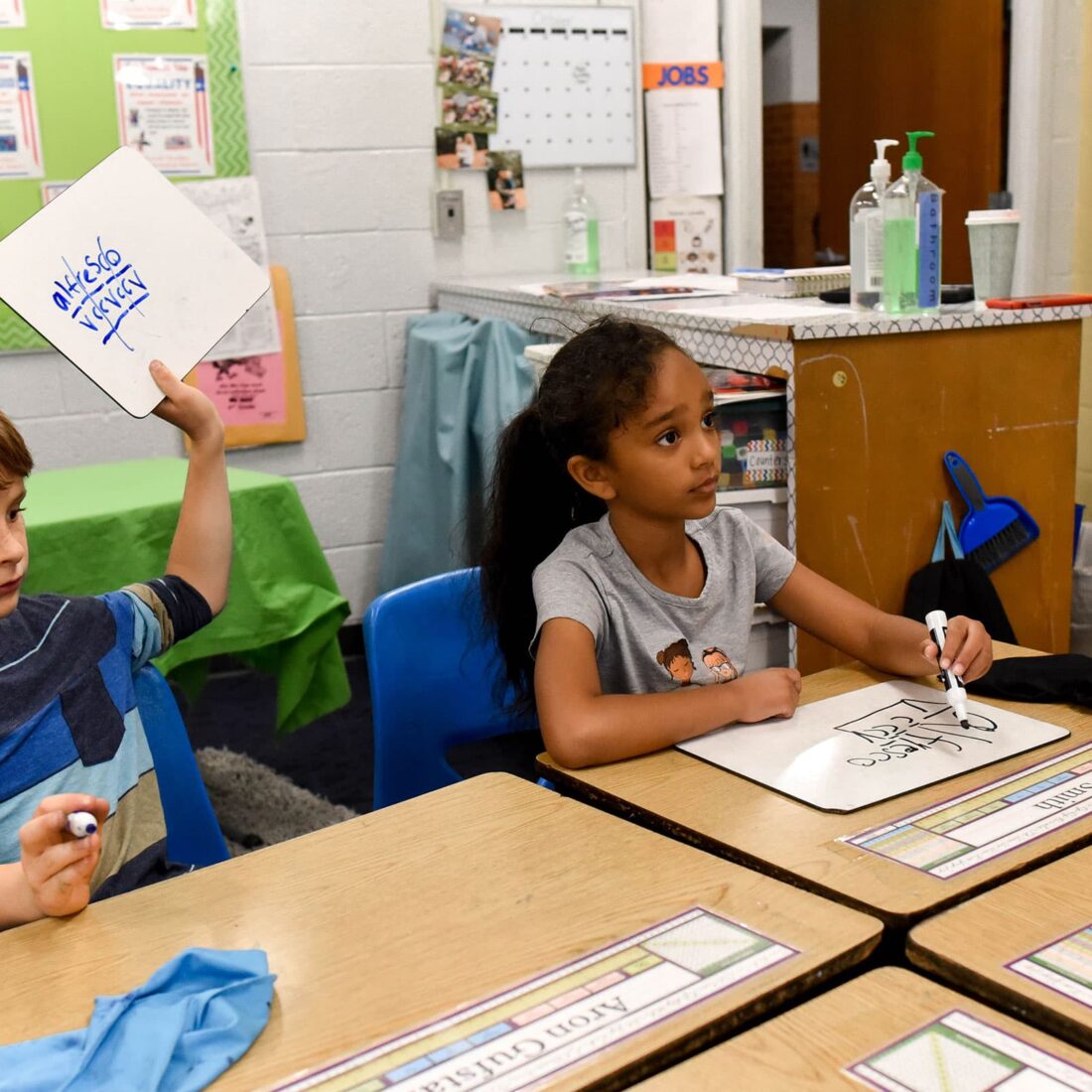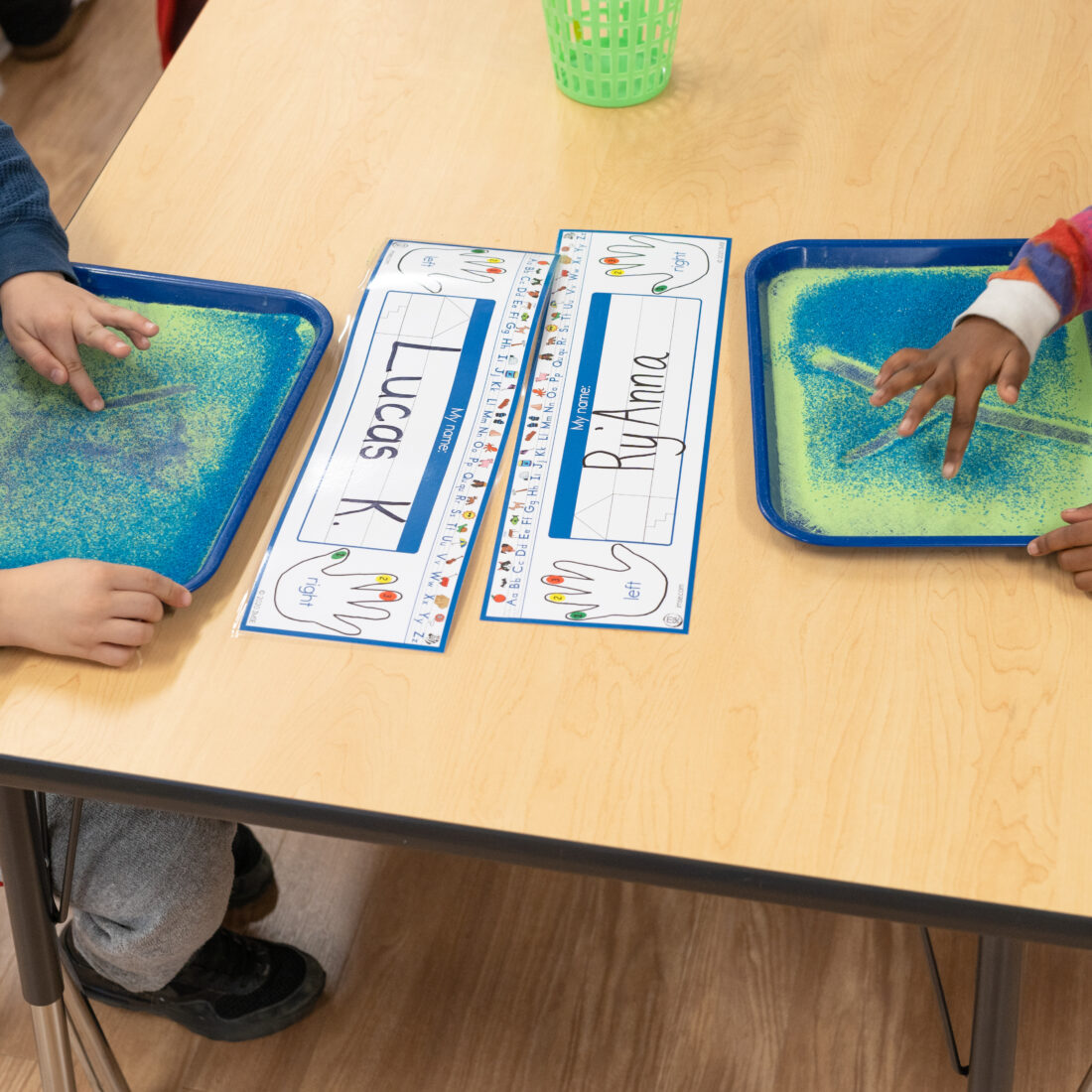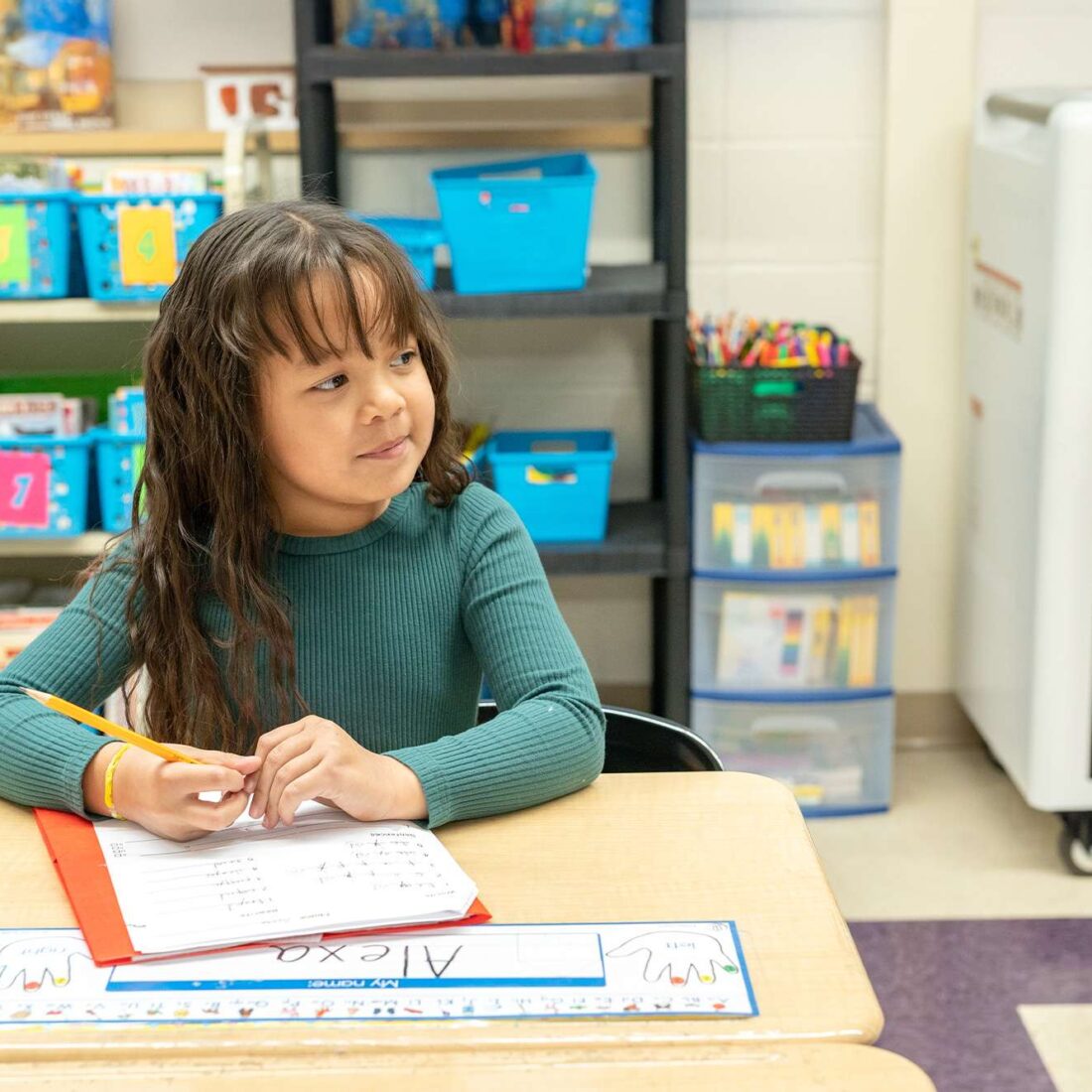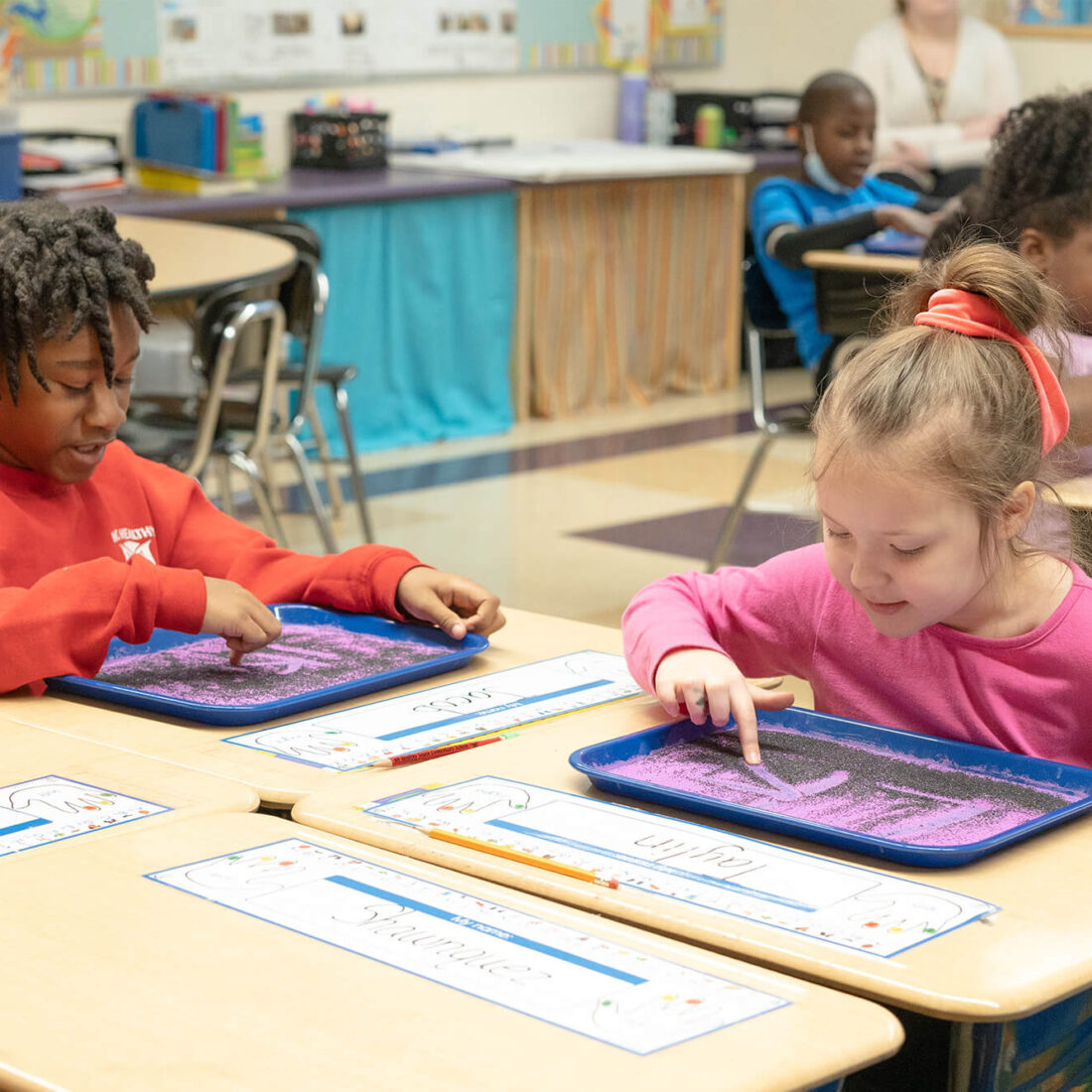Paying It Forward: Why a Florida 10th Grader Is Raising Money to Train Teachers in Structured Literacy
From pre-K through third grade, Jonah ranked in the bottom 5% of his class. Today, he’s a high-achieving high school student recognized for leadership and creativity, and he’s determined to help teachers get the training they need.
Read More

